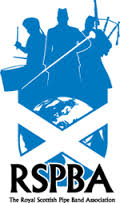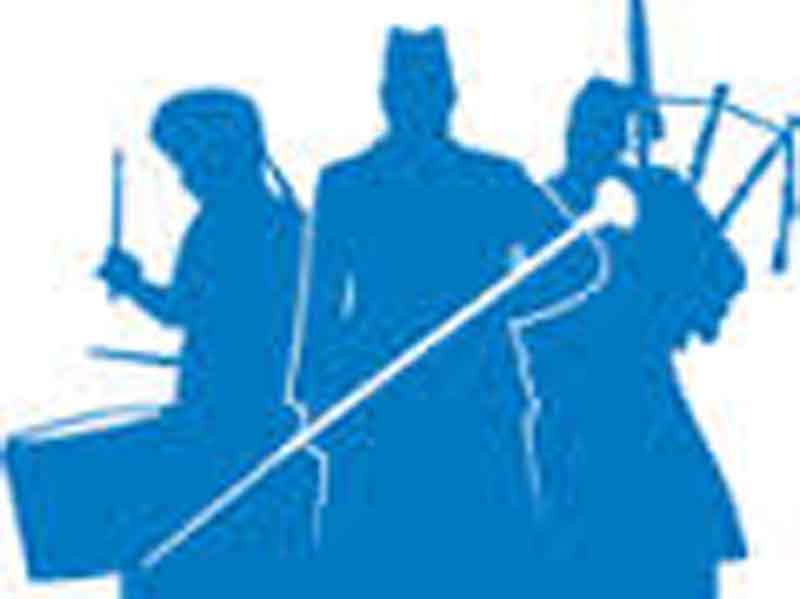RSPBA members vote down judging proposal; agrees to look at audio adjudication
 Members attending the 2025 annual general meeting of the Royal Scottish Pipe Band Association soundly defeated a motion to create a new judging format, a move that would have altered a system created more than 50 years ago and used globally.
Members attending the 2025 annual general meeting of the Royal Scottish Pipe Band Association soundly defeated a motion to create a new judging format, a move that would have altered a system created more than 50 years ago and used globally.
The motion proposed replacing the current two piping, one ensemble, one drumming judging format with two piping, one drumming, and two ensemble judges, one with a piping background and the other with a drumming background.
The other significant motion that proposed replacing hand-written sheets and manual tabulation with electronic audio adjudication and automated results compilation was discussed at length. Concerns were raised about the cost of implementation and the training of judges.
The motion never went to a vote, but the association agreed to look at the feasibility of implementing an audio judging system, as several associations worldwide have done or plan to do.
“I am sure audio judging will be trialed at some point. Scaling it up to 300 performances at the World’s is a quantum leap and frightened the bravest of supporters. Slowly lowly, I guess.”
One RSPBA insider who attended the meeting said, “I am sure audio judging will be trialed at some point. Scaling it up to 300 performances at the World’s is a quantum leap and frightened the bravest of supporters. Slowly lowly, I guess.”
Various motions from the RSPBA’s board of directors, mainly regarding tightening the wording of rules, were approved without dissent.
The auditor declared the association on sound financial footing, with nearly £500,000 in available funds.
According to sources attending the meeting, RSPBA board chair Bob Niven stated that £120,000 to £160,000 is required to run a major championship.
Two championships this year are reportedly moving to a new higher-risk profit-sharing model. Under this model, bad weather and low attendance could dramatically alter financial results, as reportedly occurred at one of the 2024 majors.
“That potential risk, coupled with greatly reduced money from the Glasgow Council for the World’s, puts our main earner at risk, suggesting a potentially lower return than historically enjoyed,” said the same insider who asked that their name not be included. “I think a £50K reduction was muted. Hence, a cautious approach is needed for cash flow continuity. Scottish Charities often recommend operating to a working capital of at least 12 months of operational costs.”
Even with nearly half a million pounds available, the association does not plan to underwrite the British Championships, which have been cancelled for 2025.
“If we were to dip into working capital to that extent and face the sharp end of forthcoming potential and the already advised shortfalls, the [association] starts to be less financially stable going forward,” the source said.




NO COMMENTS YET